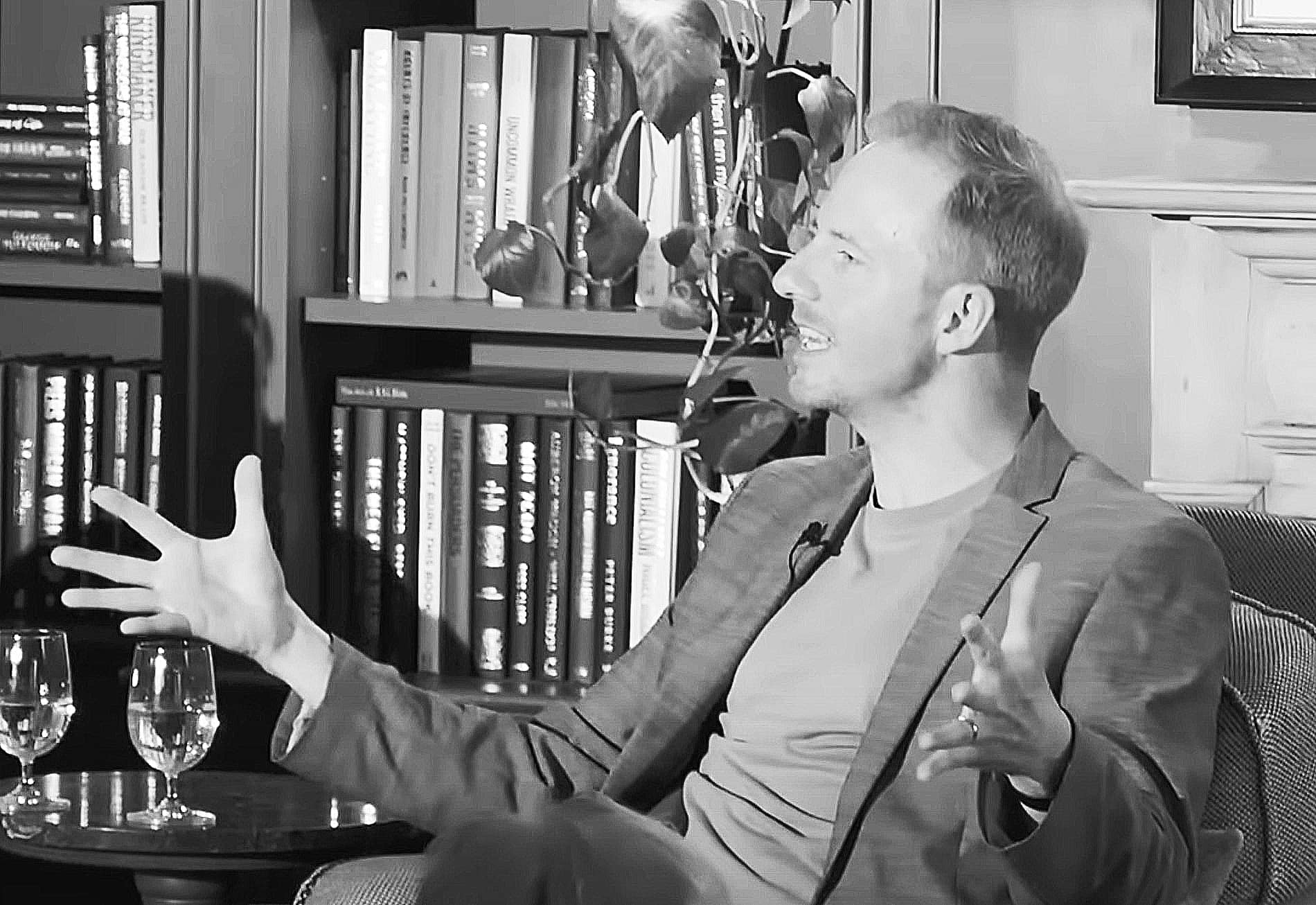Philip Goff is a philosopher whose work explores some of the deepest and most fascinating questions about the nature of reality and consciousness. While many assume that consciousness arises only within the complex brains of biological organisms, Goff defends a more radical idea: panpsychism — the view that consciousness is a fundamental and ubiquitous feature of the universe.
At the heart of his philosophy is a bold response to the age-old mind-body problem — how consciousness relates to the physical world. For Goff, panpsychism offers not only a scientifically and philosophically viable solution, but also a new way of seeing ourselves as part of a conscious cosmos.
In his 2023 book Why? The Purpose of the Universe (Oxford University Press), Goff investigates whether panpsychism might offer a “middle way” between theism and atheism — a vision of cosmic purpose that does not depend on belief in an all-powerful, all-knowing God. He examines possibilities such as teleological laws, a conscious universe (cosmopsychism), or even an imperfect or limited designer. What emerges is a picture of reality that is both scientifically informed and spiritually resonant — one that invites us to live in hope of a purposeful universe, even if its author is not divine in the traditional sense.
Goff’s earlier works include Galileo’s Error: Foundations for a New Science of Consciousness (2019), a general introduction to panpsychism, and Consciousness and Fundamental Reality (2017), a more technical philosophical exploration. He has also co-edited Is Consciousness Everywhere?, a volume of essays responding to his work, with contributions from scientists, philosophers, and spiritual thinkers such as Carlo Rovelli, Sean Carroll, Anil Seth, and Annaka Harris.
Among the most original aspects of Goff’s current thinking is the idea of psycho-physical harmony — the puzzling fact that conscious experience and physical behaviour align in remarkably appropriate ways. Why, for example, does pain reliably lead us to avoid harm? It may seem obvious, but Goff argues this “fit” between mind and matter is far from explained — and could point to deep, overlooked truths about how consciousness fits into the fabric of nature.
While he champions the insights of science, Goff firmly rejects scientism — the belief that only experiment-based science can reveal what is real. He believes that the reality of consciousness, the existence of mathematical truths, and the presence of value are all essential “data points” that philosophy must integrate into a coherent picture of the world. The true task of philosophy, he suggests, is one of synthesis: finding the simplest theory capable of honoring both empirical evidence and the richness of subjective life.
Through his books, essays, and public dialogues, Philip Goff is reshaping the conversation around consciousness, purpose, and the cosmos — offering a vision of reality that is at once intellectually rigorous and deeply human.



















